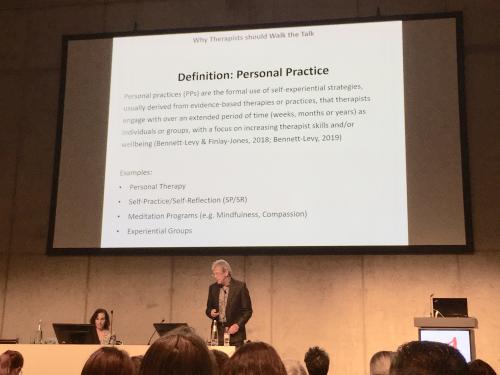Skydiving with grandad - twelve tips for a courage toolbox
Last updated on 30th August 2022
“Courage is not simply one of the virtues but the form of every virtue at the testing point.” C. S. Lewis
“Fear is the mind-killer … I will face my fear. I will permit it to pass over me and through me. And when it has gone past I will turn the inner eye to see its path. Where fear has gone there will be nothing. Only I will remain.” Bene Gesserit ‘Litany against Fear’ from Dune by Frank Herbert
[Sadly this potential skydiving adventure was cancelled ... for the second time ... because of poor weather conditions. I'll book again ... hopefully third time lucky. I'll then aim to complete this blog post!]

